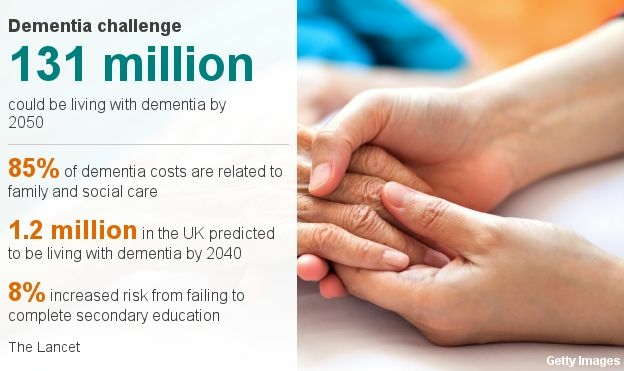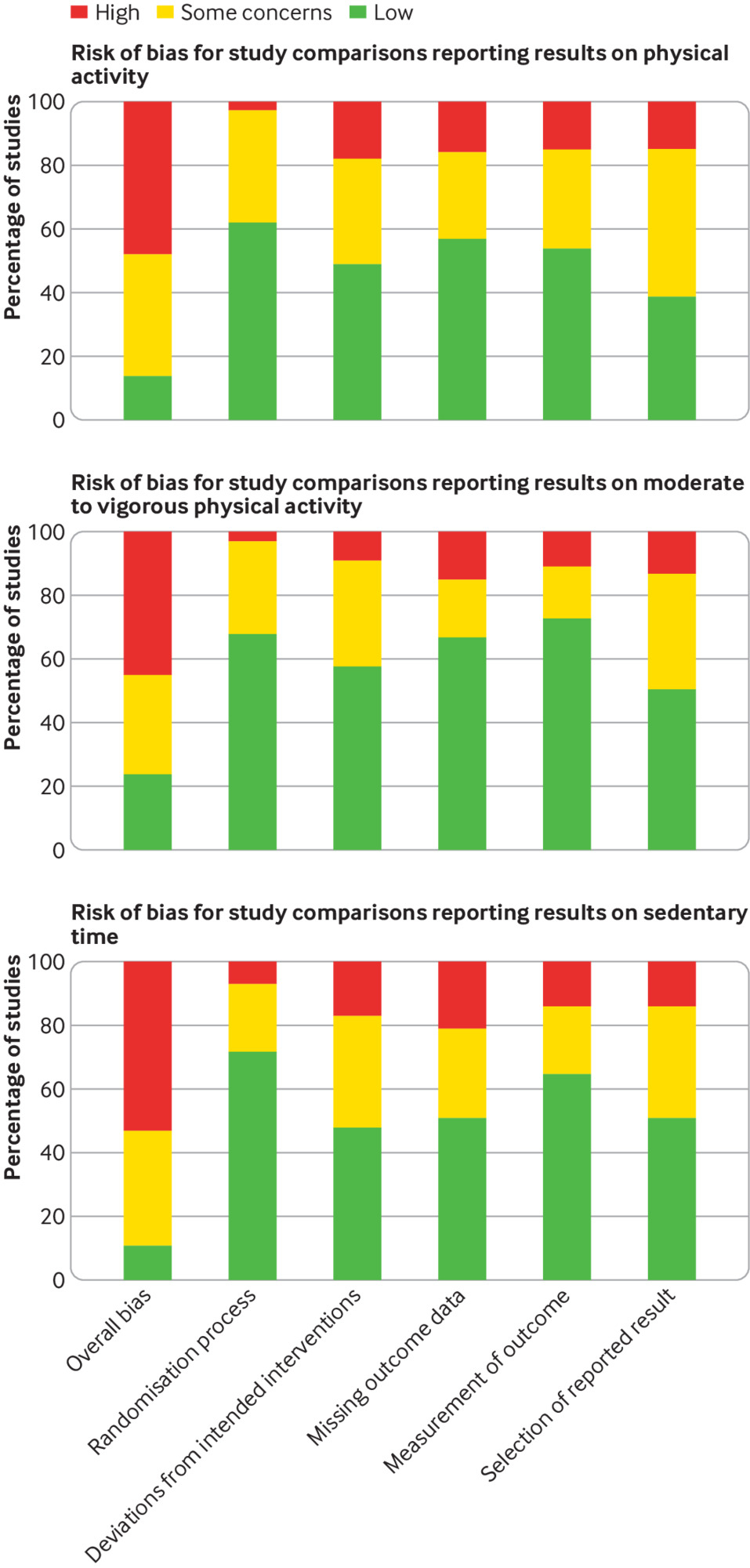In addition, living closer to family, access to better healthcare, and work-life balance are also critical considerations.
Faced with stress and burnout, expats are now looking for better lifestyle, flexibility and healthcare when considering the decision to relocate and work abroad, as a recent Cigna survey found. To see also : Unlock the road to the So Good lifestyle.
With a sample pool of 11,922 expats worldwide, the Burnt Out Overseas – The State of Expat Life 2022 report identified several worrying results:
Breaking down the results by region, close to a quarter (24%) of respondents in Hong Kong rated their health and well-being as “excellent” or “very good”, but 30% rated it as “fair” or “poor”, higher than the Asia-Pacific average of 24%.
More than four-in-ten (41%) of APAC respondents said they had “very good” or “excellent” health and well-being, while 71% felt they were “stressed but coping”.
In Singapore, 95% of global mobiles (GMs) said they were experiencing symptoms of burnout.
These feelings can be attributed to a mix of lifestyle, opportunity and work culture factors. In Hong Kong, the most significant source of stress is uncertainty about the future (40%), followed by personal finances (34%) and world politics (26%).
For the current GM in Singapore, the main causes of stress include cost of living (36%), personal finances (29%) and too much work (29%).
Changing employee priorities
According to the study, the pandemic has caused 73% of current expats and 75% of those planning to move abroad in the next two years to spend more time reviewing their life and work priorities.
The report states that lifestyle is now replacing finances as the top priority for those planning to go abroad, as people are now more focused on flexibility or being closer to family and friends.
For those wanting to move from Hong Kong, the most commonly cited concerns were lifestyle (48.5%), to be closer to family (18%) and the restrictions of COVID-19 (17%). On the other hand, in Singapore, a better lifestyle is the main driver of relocation for existing expats (36%), followed by better finances (32%), closer to family (30%), better weather (20%) and job prospects (18%) .
APAC respondents are among those who place the greatest emphasis on lifestyle, with 41% citing it as a contributor to relocation – the most of any region. Meanwhile, more than two-thirds (69%) of APAC respondents said they either “agree” or “strongly agree” that being close to family and friends has become more important to them recently.
Health care and work-life balance are also critical factors. Close to a quarter (23%) of existing expats have considered relocating to gain access to better healthcare, while more than a quarter of potential expats say flexible working hours are critical and 16% say they want the ability to work from any location in the world .
“The exciting, rewarding, globally mobile lifestyle that once summed up the ‘expat dream’ has changed and more people are now prioritizing lifestyle, family and friends when planning moves,” said Jason Sadler, president, Cigna International Markets.
He emphasized the need for employers to reassess the value of expatriates and rethink how they structure expatriate tasks to meet new expatriate needs.
The age profiles of expats are also changing
Shifting employee priorities have also changed the demographics of expatriates, with older employees more likely to want to return to or stay in their home countries, while younger employees are looking to relocate abroad. The survey found that just 13% of over-50s said they wanted to move abroad, compared to 37% of 18-24-year-olds and 34% of 25-34-year-olds.
“The last few years during the pandemic have been particularly challenging for existing and long-term expats,” said Dr. Stella George, Chief Medical Officer, Cigna International Markets. “So while many will move closer to home, many ambitious young professionals will also begin to take advantage of the opportunities that posting abroad offers, such as fast-track advancement, flexible working and other incentives. These benefits are particularly attractive to people earlier in their careers.”
According to the survey, Canada is the top destination for current expats to move to, with 11% looking to move there. Australia and the USA are tied for second place.
By region, of those likely to move from Hong Kong, 47% intend to return to their country of citizenship. The top destinations for current HK expats who would relocate are Canada (20%), Australia (18%), Japan (12%) and mainland China (12%).
In Singapore, 32% of GMs are likely to relocate in the next 24 months, and 38% of them are likely to return to their home country. Among non-GMs looking to relocate, the top destination countries are Australia (30%), Malaysia (20%) and New Zealand (13%).
Almost half (47%) of current GM in APAC are likely to relocate to another country within 24 months. Australia (21%) is also the top destination to move to, followed by Great Britain (17%) and Canada (16%).
A significant majority of those living in Europe and Australia are confident they will stay abroad, but the same cannot be said for Asia, with only 5% of those in India and 16% of those in mainland China confident they will stay.
This eighth edition of the survey was conducted in May this year by Cigna International Markets in partnership with Kantar, which included respondents from Australia, Belgium, mainland China, Hong Kong, India, Japan, Kenya, Saudi Arabia, Singapore, Spain, Switzerland, the Netherlands, UAE, Great Britain and USA. Five key components – family, financial, physical, social and work – were examined among expatriates.
Follow us on Telegram and on Instagram @humanresourcesonline for all the latest HR and staffing news from across the region!



